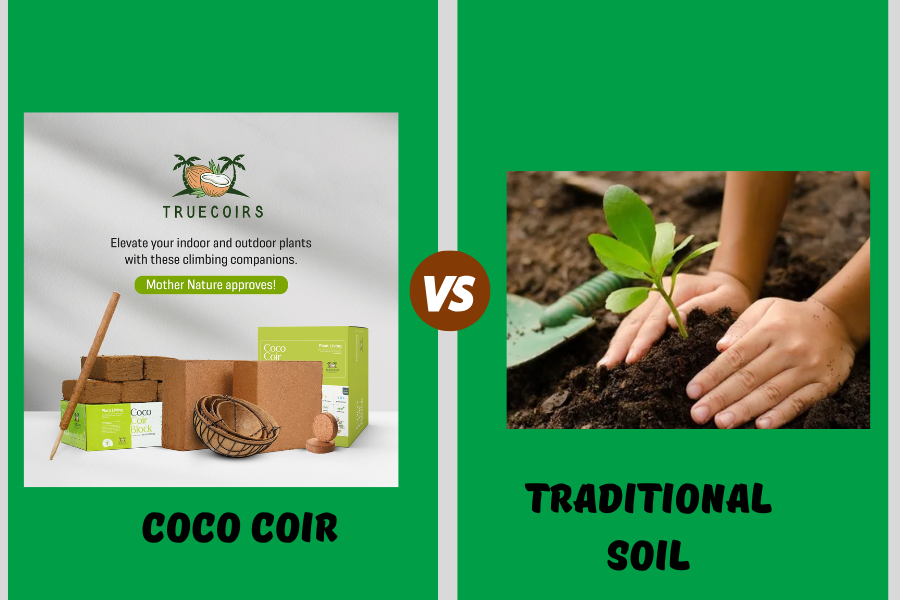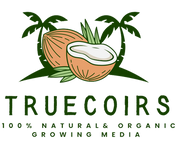Coco Coir Blocks or Traditional Soil: Which is Best for Your Plants? - A Detailed Overview

When it comes to nurturing your plants, the choice between coco coir blocks and traditional soil is crucial. Each option has its benefits and specific uses, depending on your gardening needs. Let’s dive into the details to help you make an informed decision.
What are Coco Coir Blocks?
- Natural and Sustainable: Coco coir blocks are made from the fibrous husk of coconut shells, making them a byproduct of coconut production. This not only makes them eco-friendly but also highly sustainable.
- Water Retention: These blocks are known for their superior water retention capabilities. Once hydrated, they can hold up to ten times their weight in water, ensuring your plants stay hydrated for longer periods.
- Aeration: Coco coir is light and airy, providing excellent aeration to plant roots. This helps prevent root rot and promotes healthy growth.
- Nutrient-Rich: While coco coir is not naturally rich in nutrients, it offers a neutral pH, making it a perfect medium for adding your preferred nutrients or fertilizers.
- Pest Resistance: Unlike traditional soil, coco coir is less likely to harbor pests and diseases, keeping your plants healthier.
- Reusable: One of the key advantages of coco coir blocks is their reusability. After harvesting, you can wash and reuse the coco coir for your next planting cycle.
Traditional Soil: The Classic Choice
- Nutrient-Dense: Traditional soil is rich in organic matter and naturally occurring nutrients that plants need to thrive. It is a complete growing medium on its own.
- Readily Available: Soil is abundant and easy to find, making it the go-to choice for most gardeners.
- Cost-Effective: Traditional soil is generally less expensive than coco coir blocks, especially if you have access to high-quality soil in your area.
- Support for Larger Plants: The denser structure of soil can provide better support for larger plants and trees that require a stable foundation.
- Natural Ecosystem: Soil contains a variety of microorganisms that contribute to plant health by breaking down organic matter and cycling nutrients.
The Verdict: Which is Best?
The choice between coco coir blocks and traditional soil depends on your specific gardening needs:
- Best for Water-Loving Plants: If you’re growing plants that require consistent moisture, coco coir blocks are your best bet. Their water retention properties ensure your plants stay hydrated without becoming waterlogged.
- Best for Versatility: Coco coir blocks are excellent for a variety of plants, including those in hydroponic systems or container gardening, where soil may not be practical.
- Best for Nutrient Control: If you want complete control over the nutrients your plants receive, coco coir blocks, combined with nutrient solutions, give you that flexibility.
- Best for Traditional Garden Beds: For large outdoor gardens, especially those with established plants, traditional soil offers a cost-effective and nutrient-rich medium.
- Best for Sustainability: If environmental impact is a concern, coco coir blocks are a sustainable choice that repurposes coconut waste and is reusable.
Conclusion
Both coco coir blocks and traditional soil have their unique advantages. For indoor gardening, hydroponics, or if you’re looking for a sustainable option, premium coco coir products are an excellent choice. However, for traditional garden beds and nutrient-rich environments, traditional soil remains unbeatable. Whichever you choose, understanding the needs of your plants and the conditions of your growing environment will guide you toward the best option.
Explore quality organic coco coir to give your plants the best start.
